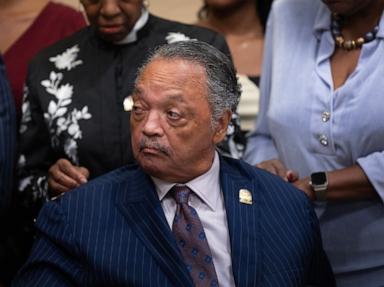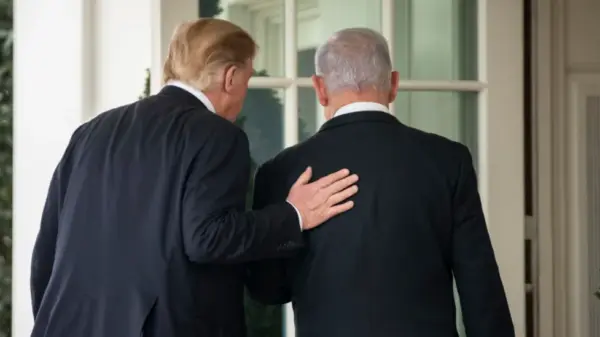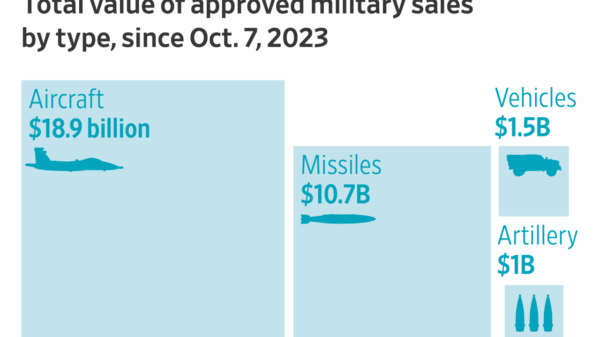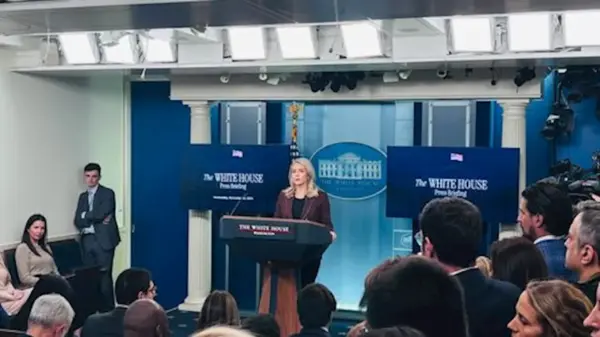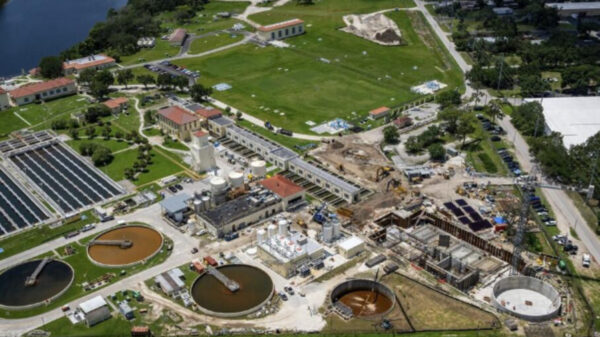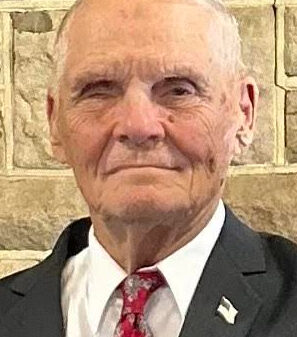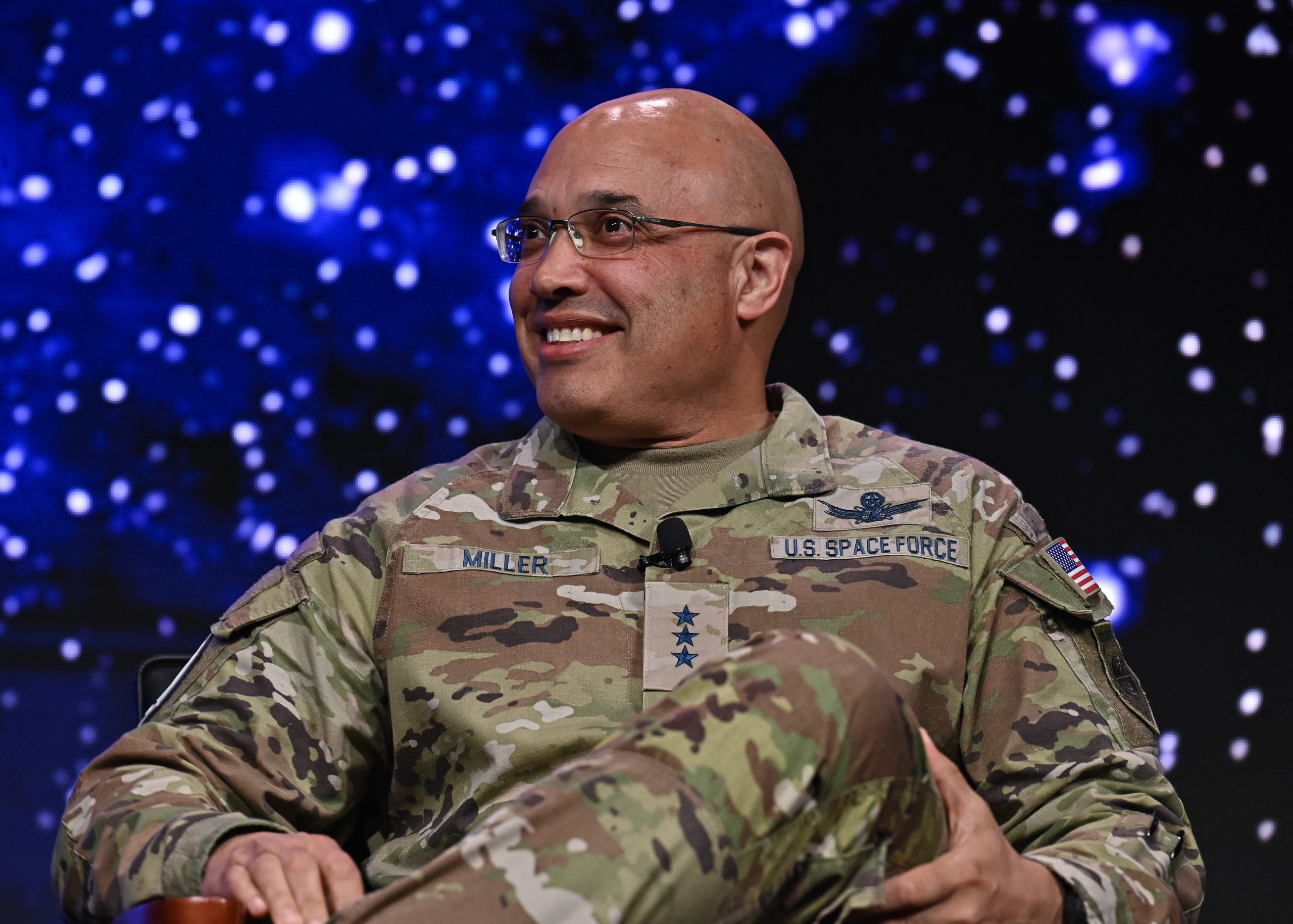The Pentagon has revealed significant changes in senior leadership within the U.S. Space Force. On Friday, the Department of Defense announced new appointments to crucial command and planning roles, marking a strategic shift in the organization’s operational focus.
Lt. Gen. David Miller has been appointed as the new deputy chief of space operations for strategy, plans, programs, and requirements. He replaces Lt. Gen. Shawn Bratton, who previously held the position. Before this appointment, Miller commanded Space Operations Command at Peterson Space Force Base in Colorado, highlighting his extensive experience in space operations.
In another pivotal move, Lt. Gen. Douglas Schiess will take over as deputy chief of space operations for operations, succeeding retired Lt. Gen. DeAnna Burt. Schiess brings a wealth of knowledge from his recent leadership role with U.S. Space Forces–Space and his service as Combined Joint Force Space Component Commander at Vandenberg Space Force Base in California.
Promotions Reflect Strategic Priorities
The U.S. Space Force also announced two notable promotions that underscore its commitment to enhanced combat readiness and operational efficiency. Maj. Gen. Gregory Gagnon has been nominated for a third star and will lead the newly renamed U.S. Space Force Combat Forces Command, which succeeds Space Operations Command at Peterson Space Force Base. This redesignation signals a renewed emphasis on warfighting capabilities.
Gagnon previously served as deputy chief of space operations for intelligence, reflecting his deep understanding of the strategic landscape. Meanwhile, Maj. Gen. Steven Whitney has been nominated for promotion to lieutenant general. He is set to transition to the Joint Chiefs of Staff as the director of force structure, resources, and assessment, commonly referred to as J-8. In this capacity, Whitney will influence force structure and resource allocation across the U.S. armed forces. Prior to this, he was the director of staff at Space Force headquarters.
These leadership changes come at a time when the U.S. Space Force is increasingly focusing on integrating its operations with broader military objectives, as well as enhancing its capabilities in the ever-evolving domain of space. The new appointees are expected to drive initiatives that align with these objectives, ensuring the force remains agile and responsive to emerging challenges.





